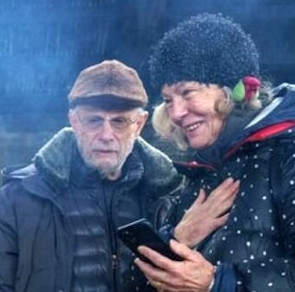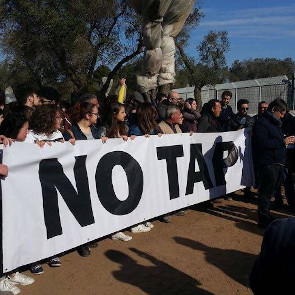#Italy
#Italy
Freedom of expression and assembly are constitutionally guaranteed and generally respected in Italy. However, the Italian police has been accused on numerous occasions of excessive use of force against peaceful protesters and activists.
In July 2001, during the G8 summit in Genoa, more than 300 police officers violently attacked 100 activists and some journalists who were staying at a school for the night. Protesters were then brought to a nearby police station, where they were beaten again. More than 60 people were seriously injured. Twelve years later, 17 officers were convicted of fraud for planting false evidence and others were convicted for excessive use of violence, but none of them went to jail and all the sentences were reduced. In July 2015, in a landmark decision, the European Court of Human Rights condemned Italy for using “torture” against protesters. However, the crime of torture is yet to be introduced into the Criminal Code of Italy.
Furthermore, judicial harassment has been used to hinder the activities of human rights defenders in Italy, with several cases over the past several years that led to prolonged litigation and high expenses on behalf of defendants.
Human rights defenders and journalists in Italy have also faced attacks and threats from criminal groups inside the country, predominantly for their work on cases of corruption and their investigations into organised crime. Only in a few cases of the mentioned above violations, perpetrators were identified, brought to justice and convicted. The creation of a national human rights institution (NHRI) in Italy, a matter that has been discussed for a long period of time, could contribute to solutions for the protection of human rights defenders and, more generally, improve mechanisms for consultation with civil society.
Environmental, minority rights and migrants rights defenders have been also identified as at-risk group. LGBTI HRDs face increasing social pressure and harassment from right-wing elements in society. In February 2016, the Italian Parliament started voting a law to recognise same-sex civil unions. If approved, the law would allow homosexual and heterosexual couples to officially register their union and to have the same rights as the married ones, but it would not allow them to adopt one another’s children.










